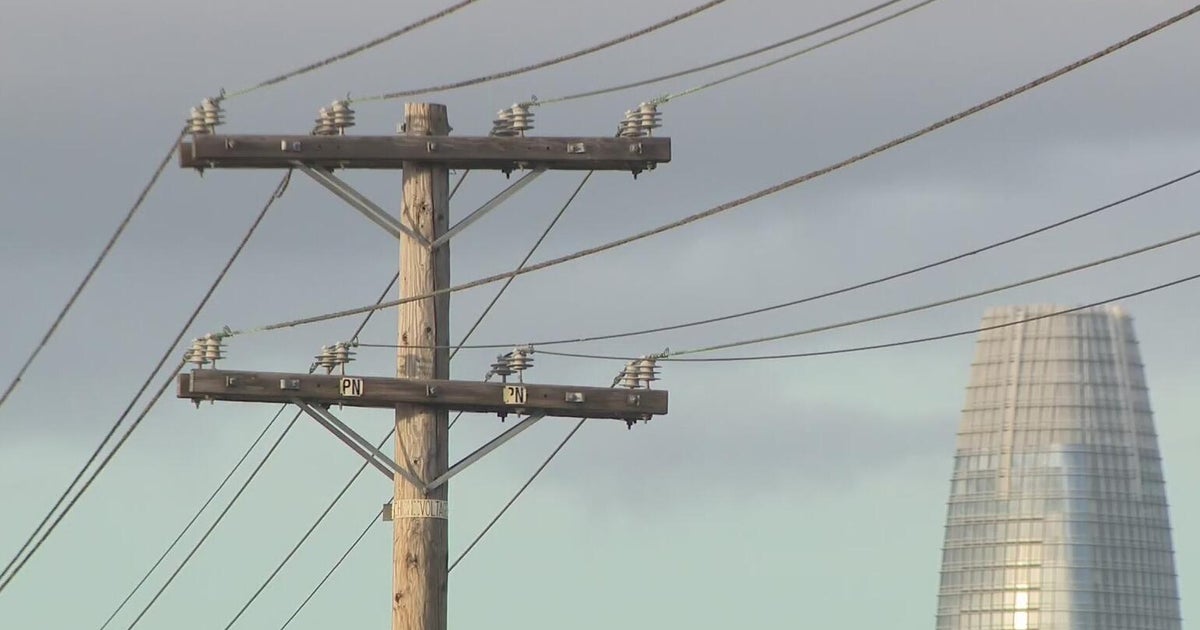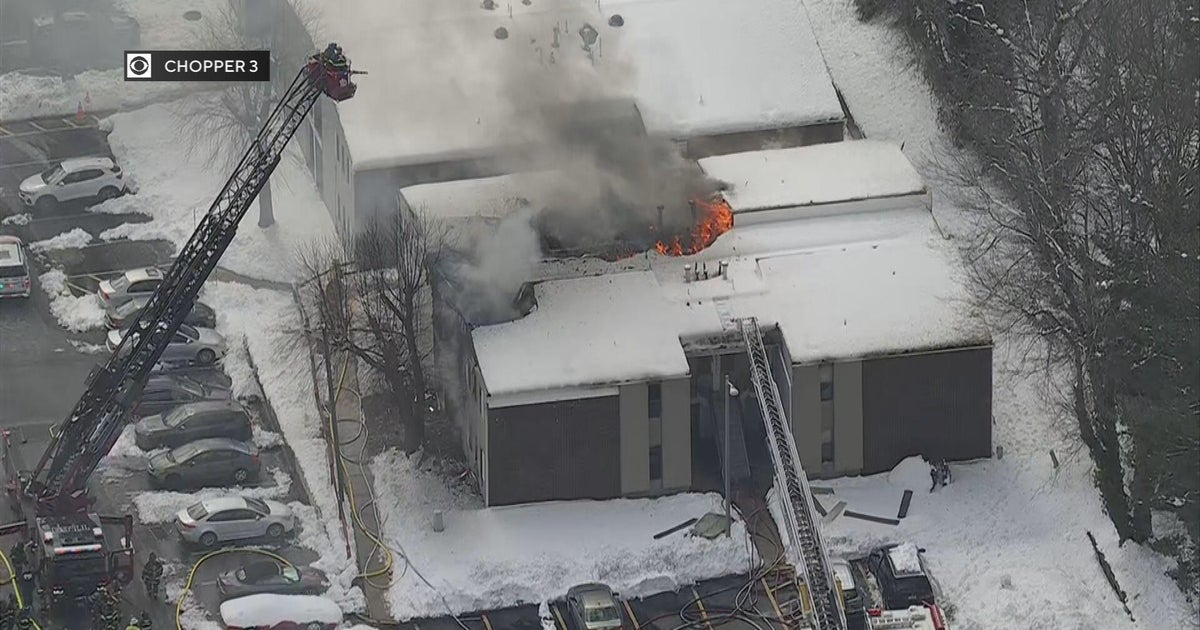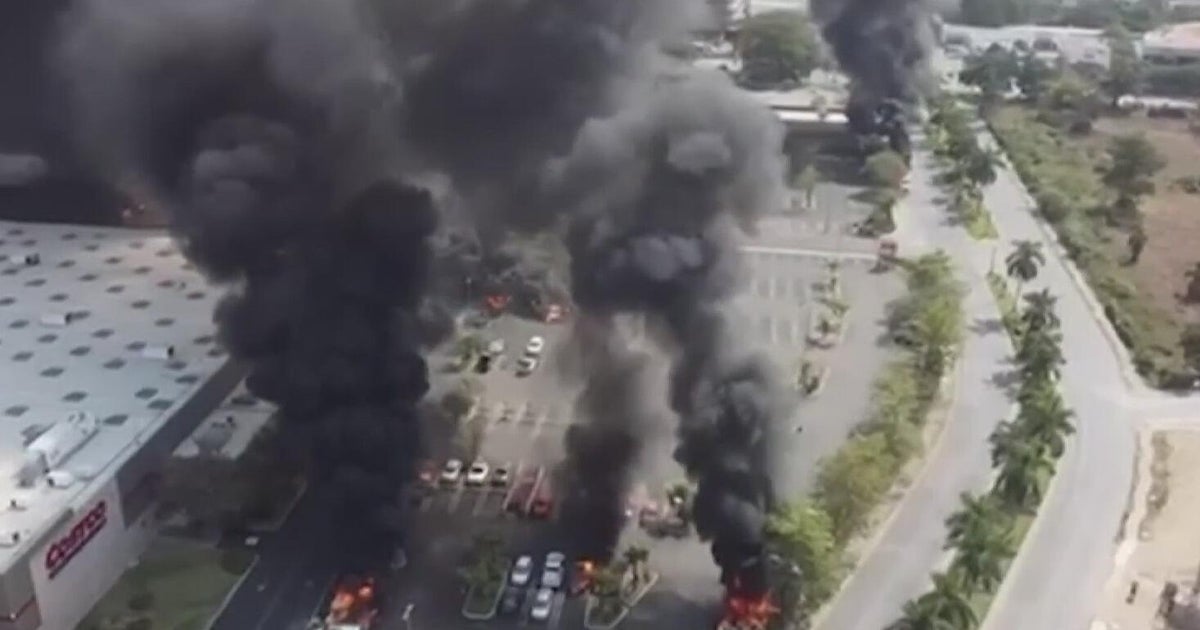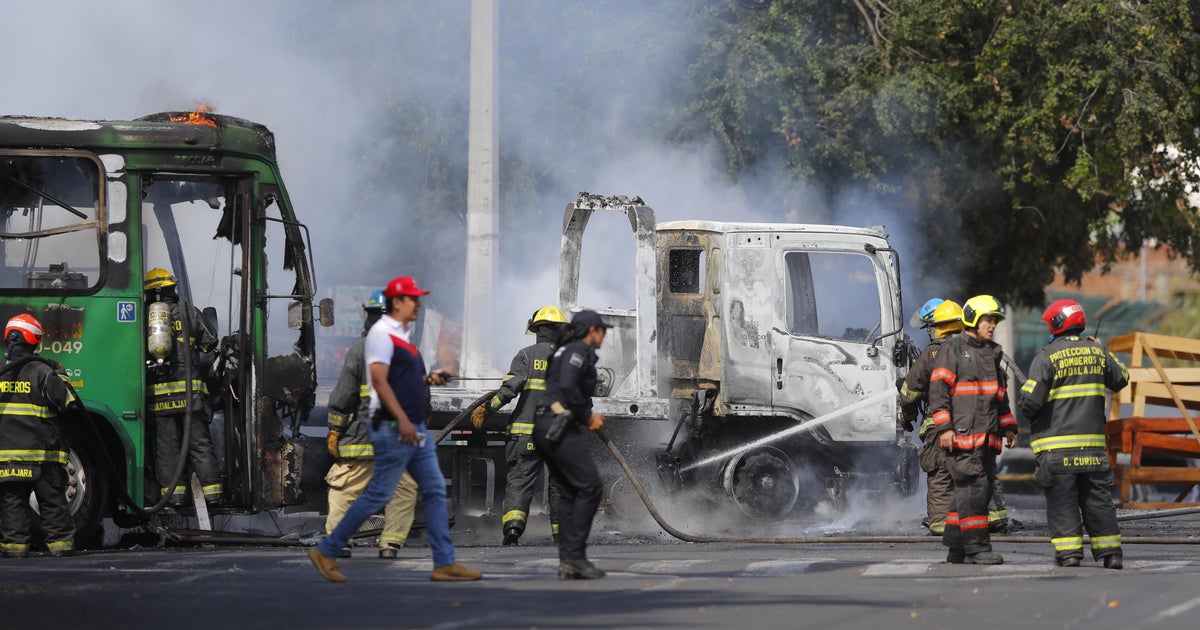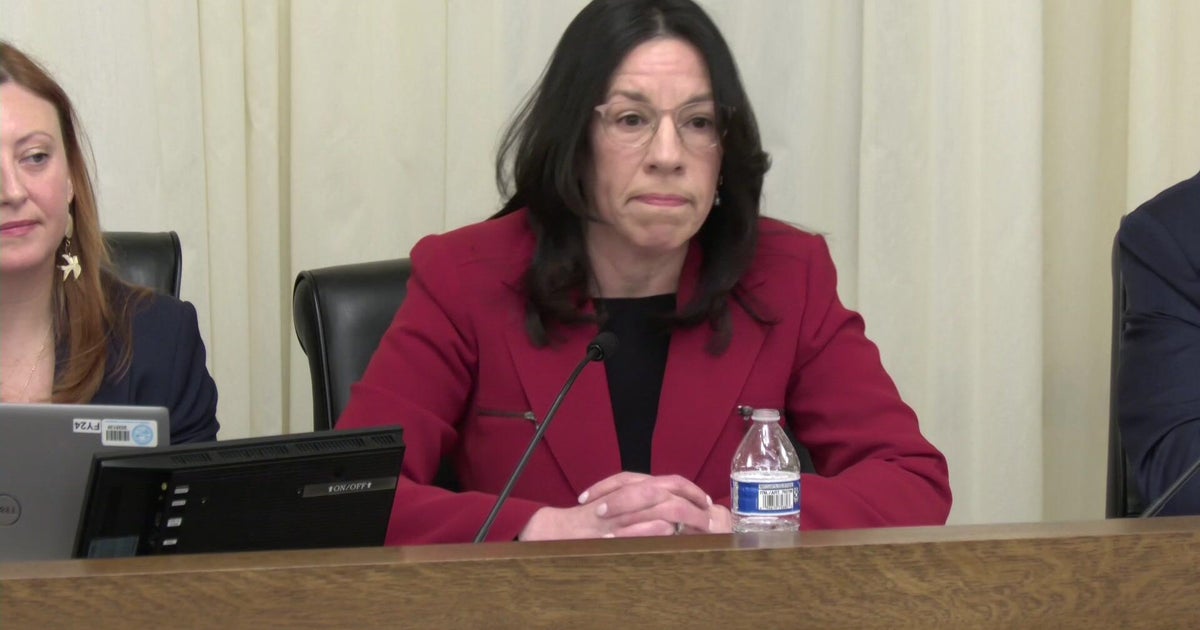Independent Report Rips PG&E Pipeline Integrity Procedures, Competence
SAN BRUNO (CBS SF) - An independent panel appointed by the California Public Utilities Commission issued a report Thursday blasting PG&E's technical competence and pipeline integrity management procedures.
The panel found that shortcomings in those and other areas not only contributed to last year's San Bruno pipeline explosion, which left eight people dead and 35 homes destroyed, but have led to a flawed response to the disaster.
"I think our overarching conclusion is that quality assurance has to be an integral part of a continuing process of quality management, and we didn't see that," panelist Paula Rosput Reynolds told the CPUC Thursday.
She and the other four members of the panel found that PG&E's pipeline integrity management program had focused more on worker safety than the safety of the system.
KCBS' Doug Sovern Reports:
The company's data management, organizational effectiveness, and resource allocation also came under fire, as did its response to the San Bruno explosion, the five-stage "Pipeline 2020" improvement program.
"Pipeline 2020 is not a plan," Reynolds said, calling the materials "reactive" and underdeveloped.
PG&E did not immediately return calls seeking comment on the report.
Although the National Transportation Safety Board is responsible for identifying the root causes of the explosion, the independent panel found that it could not separate technical incompetence from the problems it identified with PG&E's safety record, according to the report.
Reynolds said PG&E's staff is committed and has good technical skills, but that they are under-trained and too generalist. The company is also understaffed, the panel found.
"Only one senior person was an engineer, and did not have much gas experience," panelist Karl Pister told the CPUC.
He said the company did not have a solid grasp on systems engineering, which is necessary for construction, evaluation and maintenance of gas transmission lines.
As a result, the company has been focused on "cataloguing information" instead of collecting useful data that can be used to make inferences about the pipelines, Pister said.
He said widespread hydrostatic pressure testing of pipelines, which PG&E has vowed to do in the wake of the explosion, is not as valuable as doing more in-depth testing—such as metallurgic testing in addition to hydrostatic—on smaller sections of pipeline.
(Copyright 2011 by CBS San Francisco. All Rights Reserved. This material may not be published, broadcast, rewritten, or redistributed. Wire services may have contributed to this report.)
